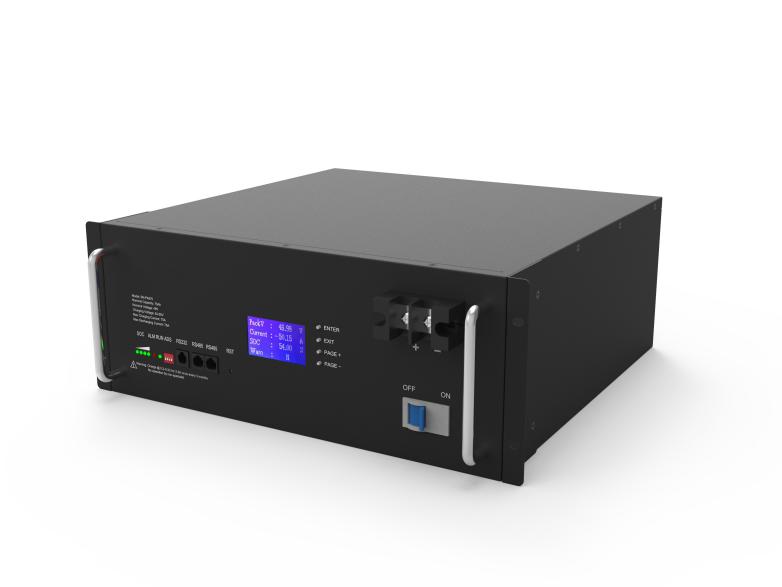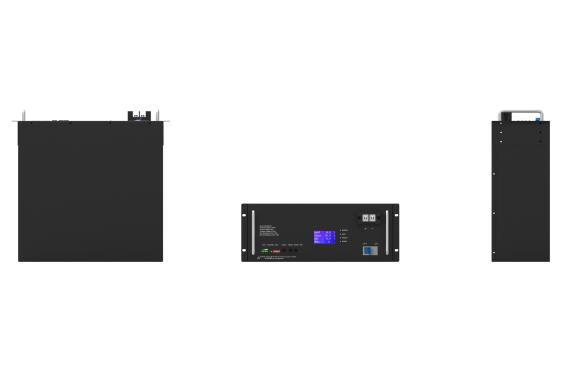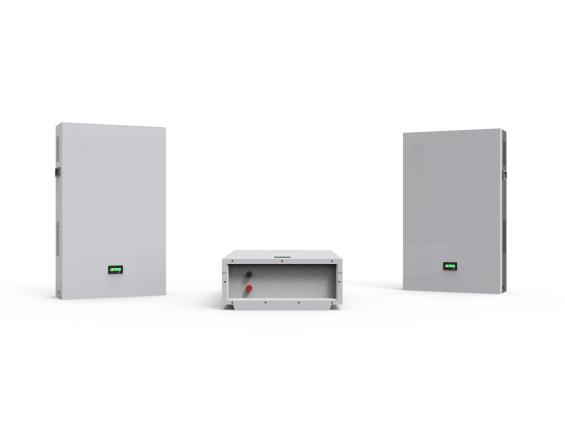- 28
- Dec
What is the current market for PHOTOVOLTAIC energy storage?
1
What is the current market for PHOTOVOLTAIC energy storage?
In fact, some inverter manufacturers have been developing and producing energy storage inverters, but only for Europe and the United States and other international markets, not for domestic, even in the home pv in full swing in 2017, resulting in little understanding of photovoltaic energy storage in China. It was not until this year that the new policy was released that the domestic home energy storage market started to develop and suddenly entered the public’s view.



It is precisely because it is in the early stage of market cultivation that the quality of service providers is uneven. At the same time, the installation process of energy storage power stations will be more complicated and the requirements for skills will be improved a lot. Choosing regular service providers can avoid a lot of subsequent troubles.
02
What capacity of battery do I need?
To answer this question, we have to first understand the charging and discharging sequence of energy storage power stations. For ordinary residents, off-grid energy storage power stations are more widely used.
During the day, the power generated by photovoltaic plants is given priority to households, but it is only a small fraction of the power, given that people are at work during the day, and much more is stored in storage batteries until it is fully charged. If there is any left, it goes to the grid.
At night, the batteries power the home load, the grid supplies the shortfall, and so on. The following diagram shows it more clearly.
In Shanghai, the average monthly electricity consumption of the average household is about 400 KWH. Assuming that the electricity consumption is 100 KWH during the day and 300 KWH at night, the charge and discharge process can be completed once a day. Considering the limitation of charge and discharge loss and discharge depth of the energy storage battery, the battery with capacity of 14kWh is more appropriate. 0.8/10/0.9 = 13.9 kWh
Assumed conditions: charge and discharge efficiency 90%, discharge depth 80%
Under such conditions, photovoltaic power stations need to generate about 430 degrees of power per month, and the calculation method is: 300/0.9+100=433 degrees. Then how much installation capacity do photovoltaic power stations need to choose to achieve?
Mufananidzo
The above is the annual power generation of a 5400W photovoltaic power station in Pudong New Area of Shanghai. Its annual total power generation is about 5600 KWH, with an average monthly power generation of 471 KWH, more than 433 KWH, basically meeting the above assumptions, with a little surplus.
In general, under the condition that the monthly electricity consumption is about 400 KWH (including 300 KWH at night), selecting 5400W photovoltaic power station and 14kWh energy storage battery will be a more reliable choice, which can cover the electricity demand of ordinary families in most cases. By the time the user gets home, the battery has stored about 14 degrees of power, which is basically sufficient for night use, with little reliance on the public grid and true self-sufficiency.
Of course, the above is only a very simple estimation scheme, and the actual application should also be combined with the user’s power consumption, especially in the summer peak power consumption and electricity attenuation, the energy storage battery will be appropriately overmatched.
03
How much does an energy storage station cost?
If there is only one word to describe the price of photovoltaic energy storage cells, it must be expensive. The Powerwall 13.5 degrees is quoted at $6,600, or 45,144 yuan, or about 3,344 yuan per degree. Relative character, the quotation of domestic manufacturer is more kind, be in commonly 1800 yuan/degree left and right sides, but store 14 degrees of electricity to also get 25 thousand.
Mufananidzo
And the total cost of a 5400W smart power station of 6.68 yuan /W is now about 36,000 yuan, equivalent to a markup of about 60%. It’s early days, but I’m sure there are plenty of geeks out there who want to try it first.
04
How often should the battery be replaced?
A common problem of lithium-ion batteries is aging, accompanied by power loss, but the aging rate is different. And the process is much faster than solar panels. While modules promise to decay by no more than 20% in 20 years, batteries can decay by 40% in about seven years. Although the nominal number of cycles can be up to 6,000, when the battery capacity is down to 60%, performance deteriorates and you need to consider replacing the battery in order not to affect the normal power experience.
Mufananidzo
At this point, the manufacturer’s after-sales policy is a more important factor to consider. Most battery manufacturers offer a warranty of 5 to 10 years, but the policy of battery replacement is not clear, which needs to be focused on.
05
Can existing grid-connected power stations be upgraded?
Obviously, it can be upgraded to an energy storage power station by installing energy storage batteries and other equipment and simply transforming the existing lines. However, the existing subsidies are actually for grid-connected photovoltaic power stations. Once they are upgraded to an energy storage power station, strictly speaking, the relevant subsidies will be gone.
Is there a way around that? Just leave it to you to think about the problem, I believe that it is difficult to fall.
